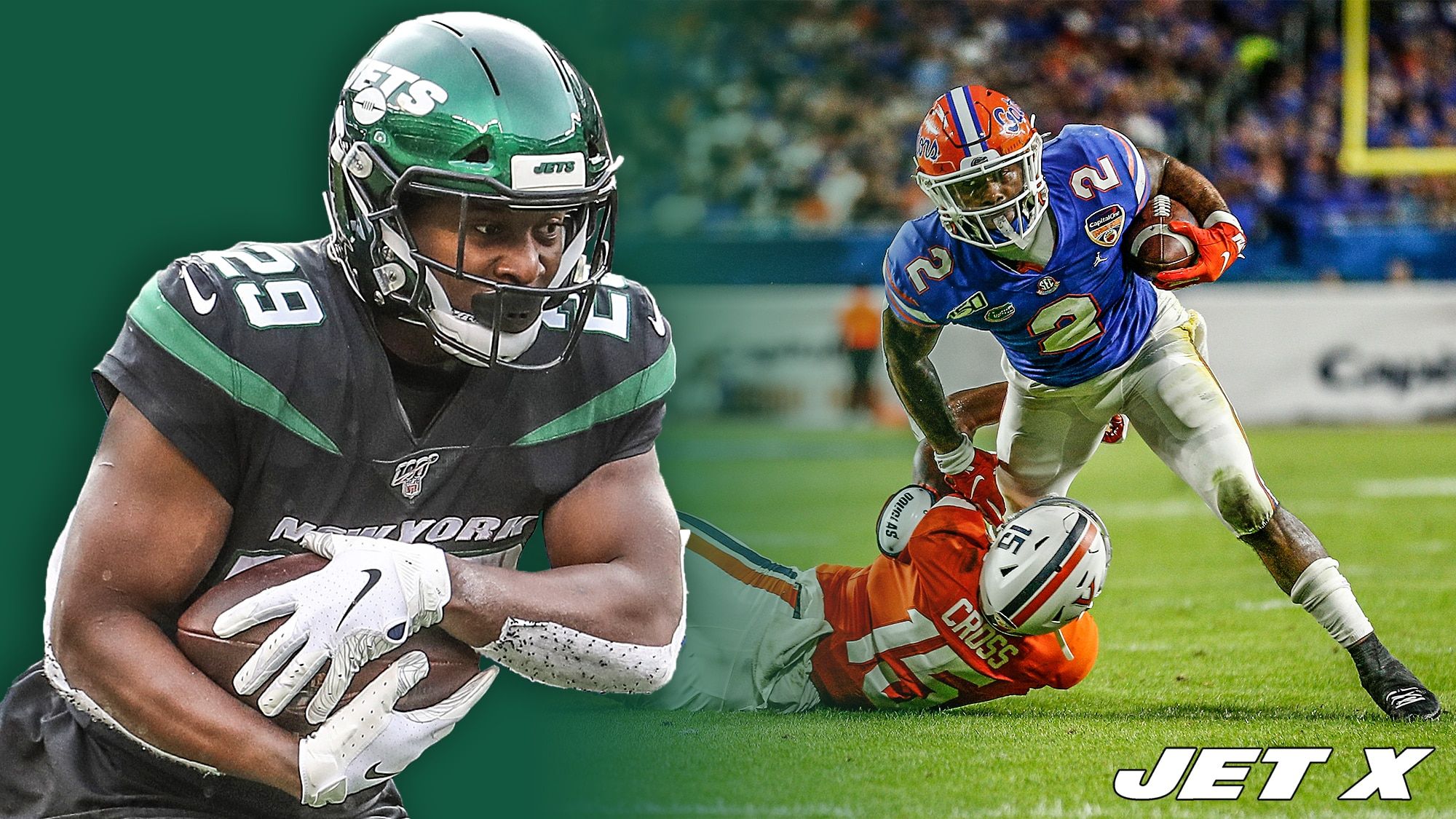La’Mical Perine has the perfect set of tools to provide Bilal Powell-esque long-term impact for the New York Jets.
📲 Log In if you are already a member (note: you should be redirected back to this article/page after logging in):
📲 Connect if you would like to create a free account before taking the official Jet X Membership plunge:
❗️ Becoming a Jet X Member unlocks every piece of subscriber content on the site, provides an ad-free website and mobile app experience, and grants access to the Offseason Simulator. Utilizing one of our Discount Codes (promoted in various New York Jets-centric places) provide significant value. Feel free to try out our 30-day free trial option at any point:




